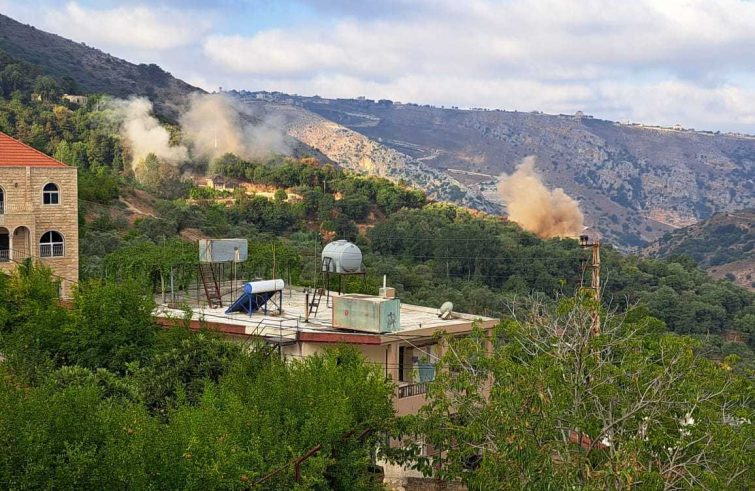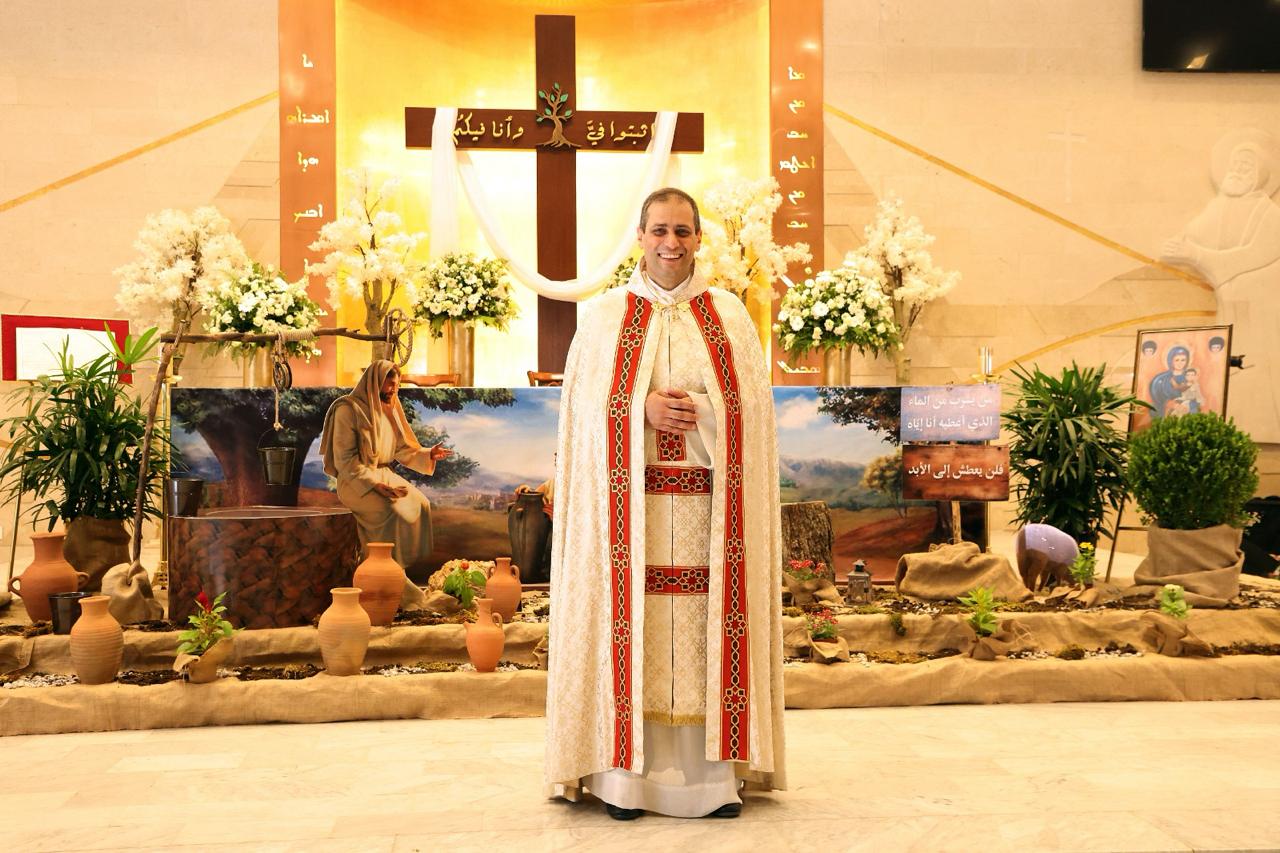
 “People are in a state of anxiety caused by the war. The situation is extremely difficult throughout Lebanon, they fear the eruption of an all-out war on the city, the total destruction of buildings and the consequences of a large-scale attack. Widespread anxiety prevails. Everyday life is marked by fear, expecting the situation to change from one minute to the next, including for the worse. People are afraid.” Father Marwan Moawad, a Maronite priest at St Maroun’s Church in Bouchrieh, a northern suburb of Beirut, a few kilometers from the port, describes the prevailing climate among the local population.
“People are in a state of anxiety caused by the war. The situation is extremely difficult throughout Lebanon, they fear the eruption of an all-out war on the city, the total destruction of buildings and the consequences of a large-scale attack. Widespread anxiety prevails. Everyday life is marked by fear, expecting the situation to change from one minute to the next, including for the worse. People are afraid.” Father Marwan Moawad, a Maronite priest at St Maroun’s Church in Bouchrieh, a northern suburb of Beirut, a few kilometers from the port, describes the prevailing climate among the local population.
Yesterday was a very difficult day, as the Israeli army launched extensive strikes in the Bekaa valley and southern Lebanon. According to Israeli Defense sources, 800 Hezbollah targets were hit. The death toll is estimated at over 490 killed and 1,645 wounded.
Local UNICEF sources, updated yesterday evening (23 September), reported at least 24 children killed in south Lebanon. “Appeals and alarms were heard throughout the day, causing widespread anxiety among the entire population”, the priest said. The most obvious sign of an extremely tense situation is the arrival in Beirut of displaced people who have fled the southern areas. Evacuation orders have been issued for families in the Bekaa Valley and southern Lebanon. As a result, hundreds of people lined the streets to escape Israeli shelling. Sky news UK reported an estimated total of 160,000 refugees. According to the parish priest, “there is no one left in the south of Lebanon. People abandon their homes and arrive in Beirut or its suburban areas, where they hope to find safety. I don’t have the exact figures at the moment. I cannot say exactly how many have arrived. What is sure is that they are many. We have seen it even here in the parish. The church was full for the Sunday Mass.”
“For the time being, the parish is not sheltering evacuees,” the priest explained. But the parish is actively helping people as they arrive, distributing food and medicines that parishioners have already stocked in the parish’s storerooms. “We don’t know what will happen next. In the meantime, we are helping and supporting these people. They are arriving here with nothing at all.”
Schools remain closed throughout the country. “The Minister of Education has instructed all state principals to open their doors to receive refugees”, said Fr. Moawad.
The priest’s appeals. The first, addressed to the Christian churches in Italy, is a heartfelt plea “to pray, to unite in prayer. We need a miracle that will stop this deadly war in Lebanon”, the priest said. His second appeal is addressed to political leaders and decision-makers. As members of the Maronite Church, we are constantly asking the Lord to shine His light on the minds of all people, so that they may embrace peace wisely and responsibly. We call for an end to Iran’s intervention and influence in Lebanon, and for Lebanon to find a solution to Hezbollah’s weapons, which continue to threaten Lebanon, and for Israel to stop looking for an excuse to bomb Lebanon and kill innocent people mercilessly.
May the God of peace ultimately inspire the leaders of the United Nations to put an end to the war, to work for peaceful solutions and to listen to the voice of the people who are calling for a safe and brighter future.”











